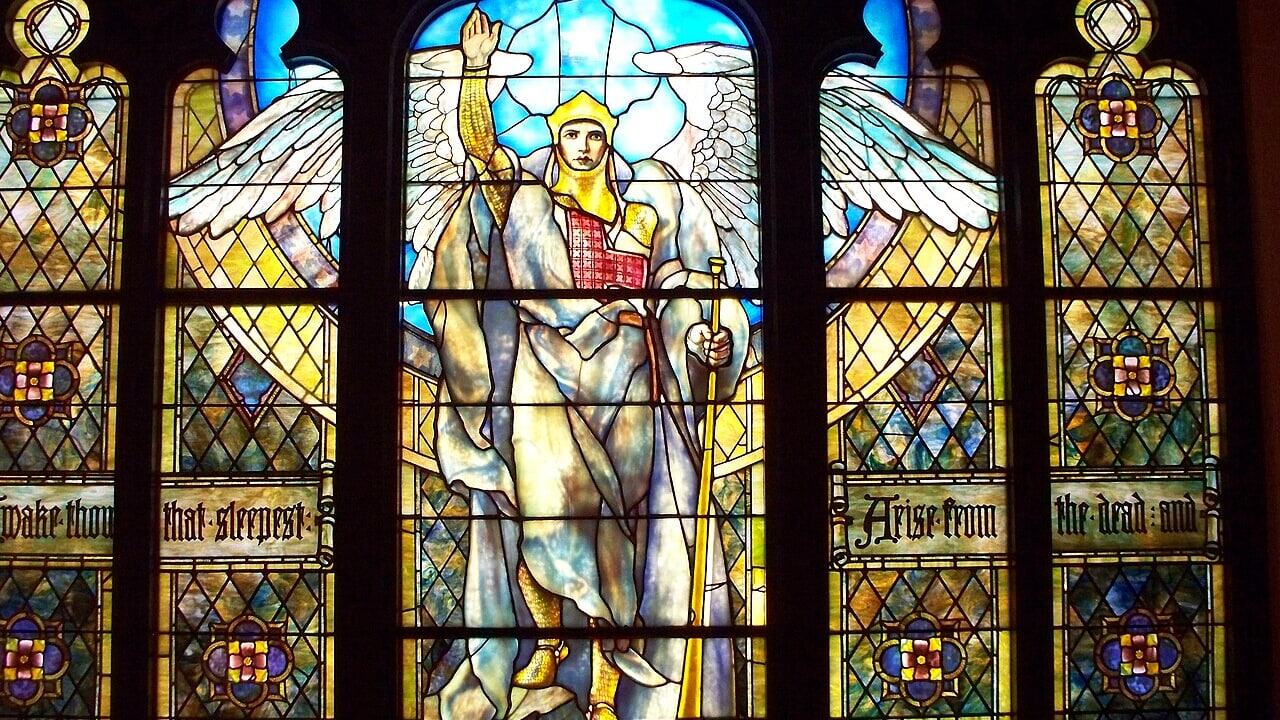In an interview, the Hungarian composer György Kurtág (b. 1926) was asked if he is a believer. His answer was uncertain:
I do not know. I toy with the idea. Consciously, I am certainly an atheist, but I do not say it out loud, because if I look at Bach, I cannot be an atheist. Then I have to accept the way he believed. His music never stops praying. And how can I get closer if I look at him from the outside? I do not believe in the Gospels in a literal fashion, but a Bach fugue has the Crucifixion in it— as the nails are being driven in. In music, I am always looking for the hammering of the nails…That is a dual vision. My brain rejects it all. But my brain isn’t worth much.
György Kurtág transcribed the sublime opening Sonatina from Bach’s Cantata, BWV 106, Gottes Zeit ist die allerbeste Zeit (“God’s time is the best time”). In Monday’s post, we explored this work, which moves from death to redemption, and concludes with a sense of joyful celebration and peace.
Bach, a composer rooted in faith, created music that is endlessly adaptable. Here is Kurtág’s transcription, performed by Lucas and Arthur Jussen:
Recordings
- J.S. Bach: ‘Gottes Zeit ist die allerbeste Zeit’, BWV 106: 2a (Transcr. Kurtág), Lucas and Arthur Jussen grammophon
Featured Image: “The Angel of the Resurrection” (1905), First Presbyterian Church, Indianapolis, Louis Comfort Tiffany

